
NOTE: This piece was first published on NYNewsPress.com.
By Dick LaFontaine with Richard Luthmann and Michael Volpe
Name‑Game Knockout: New York State Says “No” to ‘American’
Elon Musk stirred controversy on July 5 when he unveiled plans for a new political group he calls the “America Party.” His X social poll showed 65 percent support for the idea.
But this bold branding hits a brick wall in New York State.
The state’s Election Law forbids party names containing “American,” “United States,” “National,” or “Independent.” Elon’s nascent political party may not use “American” in its official name on the New York ballot.
The rule aims to prevent voter confusion or brand hijacking. The State Board of Elections can unilaterally reject any name it finds misleading.
That law sank the Independence Party line in 2022 when New York banned “Independent” and “Independence” from naming rights.
Now Musk may test that ban. Attorneys say it violates his First Amendment right.
New York’s § 2‑124(2): The “America” Ban That Could Block Musk’s Party
At the center of the brewing legal fight is New York Election Law § 2‑124(2)—a little-known provision with significant implications. The law governs the naming of political parties and expressly bans certain words from appearing in official party names. Among the forbidden terms: “American,” “United States,” “National,” “Empire State,” and “Independence.”
The statute reads in part:
“The name of a party shall not include the words ‘American’, ‘United States’, ‘National’, ‘New York State’, ‘Empire State’, ‘Independence’, or any abbreviation or derivative thereof, or any word which is so similar to the name of an existing party as to create the likelihood of confusion.”
This section gives the New York State Board of Elections broad discretion to reject any party name it deems confusing, deceptive, or too similar to existing names, or simply too patriotic.
That spells immediate trouble for Elon Musk’s proposed “America Party.” If Musk tries to file ballot access paperwork under that name, the Board can reject it outright under § 2‑124(2). No hearing required. No voter input. Just bureaucratic censorship.
Critics say this is precisely the kind of viewpoint discrimination the First Amendment prohibits.
“It’s truly Orwellian. They are trying to limit the words that can be used as part of political speech,” said media and elections expert Richard Luthmann. “You can’t ban patriotic expression just because words sound too inspiring or nationalistic. But sadly, this is par for the course in the People’s Republic of New York.”
Supporters of the restriction claim it prevents voter confusion, but Luthmann isn’t buying it.
“That’s a pretext,” he said. “It’s a rigged rule to keep out competition and control ballot optics. It’s exactly the ‘Newspeak‘ we were warned of in 1984. Control the language of the discourse to control the discourse.”
If Musk sues, this statute will be Exhibit A in a major constitutional showdown.
Free‑Speech Flashpoint
If Elon wants to call it the ‘America Party,’ New York State can’t just arbitrarily say no, can they?
The answer is YES.
The New York State Board of Elections is a four-member body, with two members appointed by the Democratic Party and two by the Republican Party.
“They are the Uni-Party,” Luthmann said. “It’s a shame because good people, when they go to Albany, are actively collaborating with Dead Red Commies.”
Journalist and commentator Michael Volpe called it “bizarre.”
“You can name your party after a bird or a tree, but not the country you live in?” he asked.
They noted that minor parties regularly clash with the rules when seeking patriotic names.
Luthmann slammed the law as “anti‑speech, unconstitutional, and Marxist-driven.” He even warned that Musk may already be “violating the law” by filing intent paperwork.
Under the statute, the Elections Board can block any name that “invokes the name of the nation” or “creates confusion.”
Legal analysts say a court fight is imminent once Musk files petitions in New York.
A Media Splash
Luthmann predicted that, if spun correctly, this legal fight could ‘make’ the American Party by turning it into a “Page-One Spat.”
“What’s sexier than a rebel?” Luthmann asked. “Elon has the chance to position the American Party as the outside alternative to the Uni-Party, with New York, the broken system’s prime example, standing against the cause.”
Elon has the money to sue—and win. He has a free‑speech record from his battle with NY’s Stop‑Hiding‑Hate Act. Elon recently sued New York AG Letitia James in federal court over compelled content disclosures.
His lawsuit there claimed New York State tried to “inject [itself] into the editorial process.”
“The Supreme Court has smacked down this kind of overreach before,” Luthmann said. “And outside of New York, nobody likes New York government; and in many cases, inside New York, too. Who wants to live under Marxist rule?”
If the federal courts agree that banning “American” is unconstitutional government censorship, it will upend New York’s election naming rules.
What’s at Stake: Voter Clarity or Censorship?
Supporters of the law argue that it promotes clarity, thereby avoiding ballot confusion between patriotic-sounding parties. It follows precedent: New York has already barred “Independent” to avoid confusion with existing groups.
Critics say the bans are overbroad. They argue that state officials treat the national name as sacred, even when patriotic branding is clearly a form of political speech.
“Political speech is the most protected form of speech,” Luthmann said. He noted that minor groups, such as “Americans Elect” or entities using “United States,” have hit the same wall.
If Musk pushes forward, legal analysts expect a federal First Amendment suit. Courts will weigh the state’s interest in ballot clarity against political speech’s constitutional protection.
Countdown to Court: Will the Name Stand?
Elon Musk announced the America Party amid deep disagreements with Trump over the One Big Beautiful Bill Act, accusing both parties of wrecking America’s finances.
He holds out hope his party can win select House and Senate seats and sway policy.
However, New York may refuse to certify the name when the ballot signatures are received.
Then Musk faces a stark choice: change the name or take the fight to court.
Luthmann says the moment is ripe: New York could be citing cases of Supreme Court decisions against symbolic overreach.
“We will see a legal battle that could reshape ‘naming law’ and put a stake through the heart of authoritarian, state-directed Newspeak in America.”







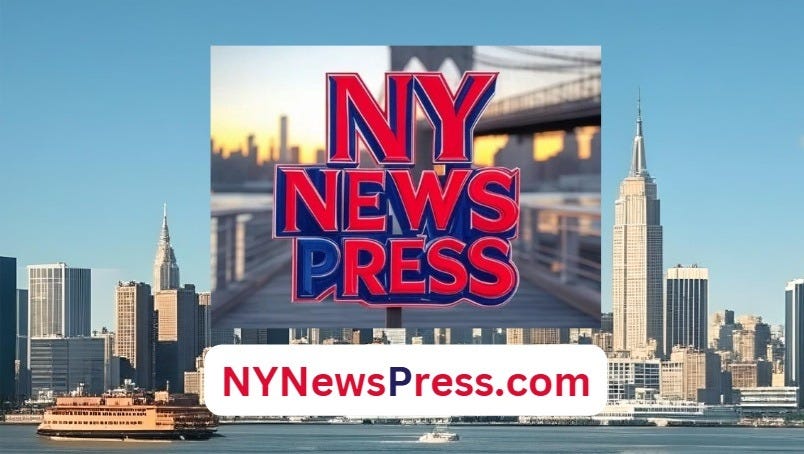


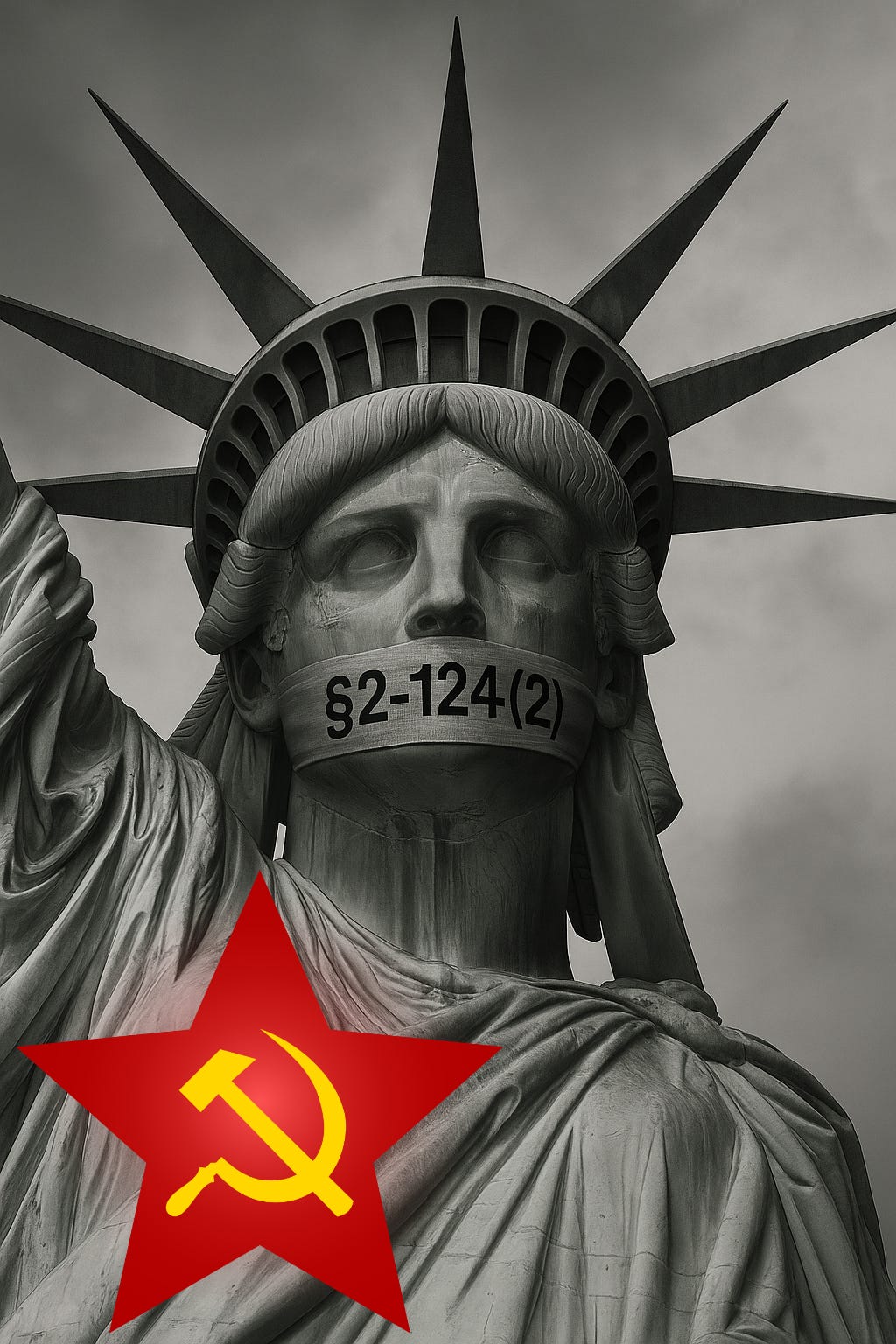
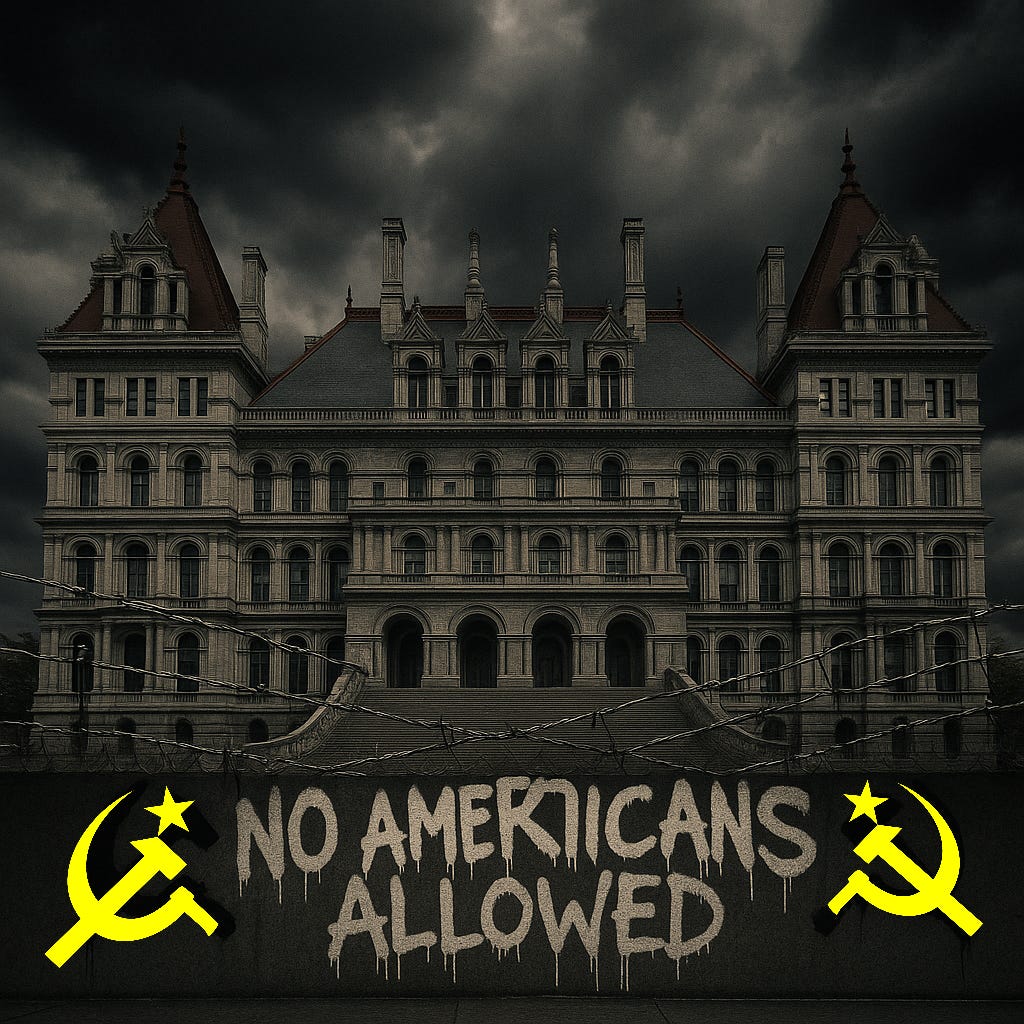



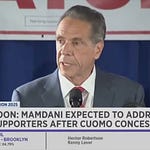
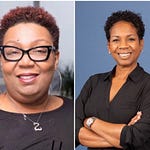
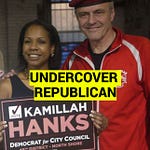



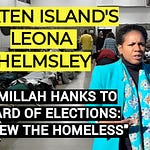
Share this post